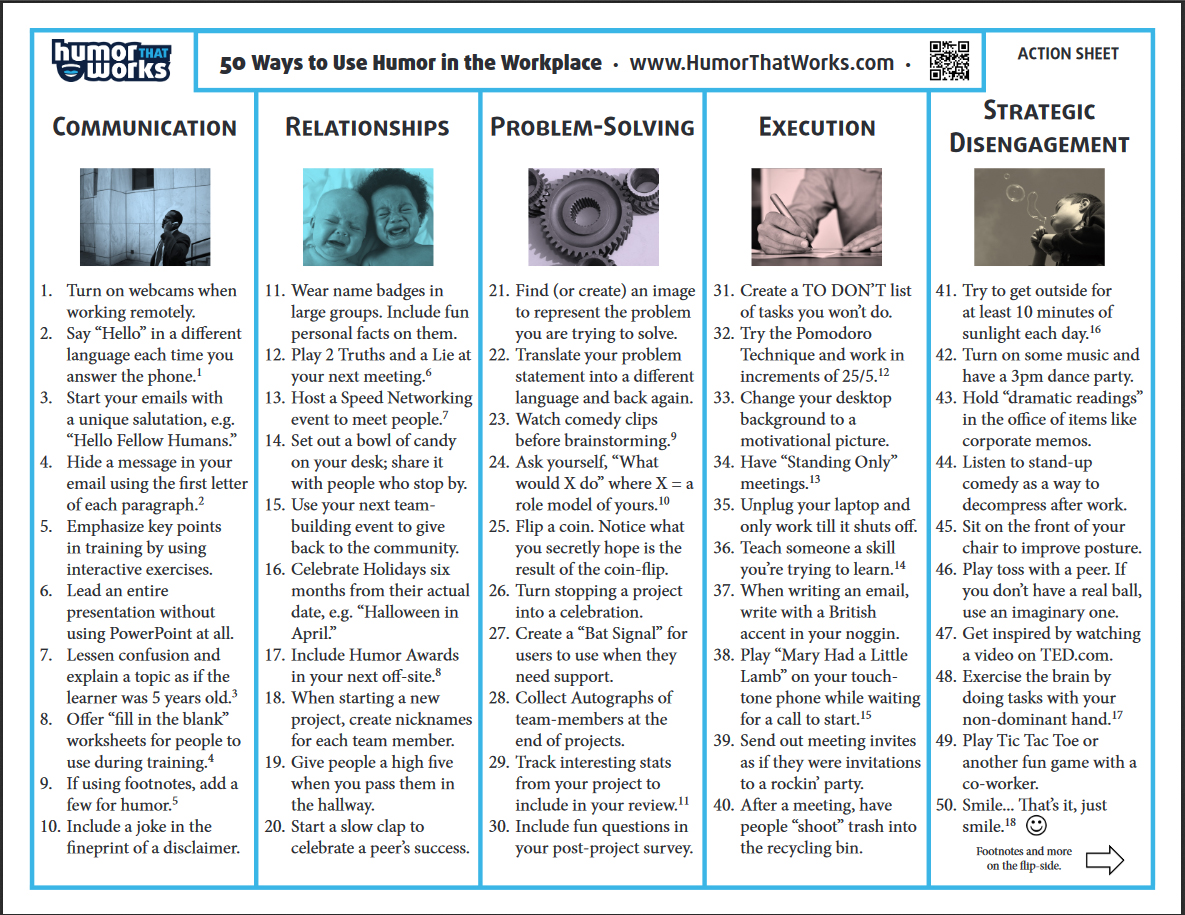WHEN YOU KNOW YOU’RE RIGHT!
“In spinning a robe of your own righteousness, before the sun goes down you will find it all unraveled.” – Curtis Hutson
You know you are right….and yet they ignore you, ridicule you, argue nonsense to you or even try to sabotage you.
Of course, they can’t be “right” too.
John was one of the top engineers on the project. After doing a bunch of independent research, he came to the conclusion the team was going in the wrong direction. He had been hinting at his concerns, but it seemed everyone was too overwhelmed with their tasks to listen.
Every Wednesday at 8 AM, the team had an all-hands meeting. John would be prepared. He would show them why the current approach was doomed for failure. It was all he could think about, all night long. He was fitful and had a terrible night’s sleep.
The next morning, John was exhausted but ready to go. He steeled himself when it came his time to report. He let it all out. He was nervous, and his energy was strong. He told the team if they didn’t listen to his concerns, they would regret it later.
John did not get the response he hoped for. At first, there was dead silence. Then the questions, disagreements and attacks began. Many on the team felt as if they were under attack from John, and sought not to listen or understand John, but to defend themselves.
It was a disaster. The team lead ended the meeting and told John he’d like to meet with him that afternoon.
After the meeting, John was anxious and confused. He couldn’t understand why they didn’t jump on board with his recommendations. Thoughts kept repeating in his head about how he was right. They must be blind, fools or even worse, reckless.
So where did being “right” get John?
Where does the push to be “right” ever get any of us? On any stage?
As the saying goes, “Are you always the smartest person in the room?”
I know my energy can rise when there is even a potential for conflict… and I know I’m right.
When we are “right” and don’t instantly get our way, it feels unfair. When something feels unfair, the drama begins. We can go from feeling like a victim one minute and acting like a villain in the next.
So, what approach do you take when you know you are right, and resistance is sure to follow? What insights should John’s team leader share with him in their meeting? Let me share a few insights I’ve learned from trial work, sales, and the study of emotions.
- Begin by asking yourself the questions that are sure to come your way. What are the possible objections to your argument? What fears or concerns of others will you have to overcome? A good salesperson considers possible objections that may be confronted in a sales meeting and practices responses to them. Even better, take away their potential victimology by addressing their fears and concerns… before they do.
- Have a confidant give you honest feedback. Invite them to cross-examine you. When I was a trial lawyer, we would sometimes pay for a “mock jury” to test out our arguments. Maybe a mentor, coach, or old professor can be a good sounding board for you. Having that sounding board is one reason every executive should have a coach!
- Hone your presentation. Practice, practice, practice. Never wing it. If it is important, it is important enough to do it with excellence. Tell a great story, beginning to end. Identify how everyone benefits from your approach.
- R-e-l-a-x. Go into the meeting, presentation, etc. like the Dalai Lama would, focusing on liking the people you will be with, before you are even with them. They are dealing with as much, and sometimes more, than you are. So chill out and be a good human, no matter how excited you are about being right.
- I try to keep in mind the quote from David Bohm that “the truth doesn’t emerge from an opinion; it emerges from a dialogue.” So, don’t be a know it all. Invite feedback. Engage in a dialogue. Ask what they agree with or not, and why. Try to learn something from them. That’s good sales. Then identify what you agree about and narrow down the disagreements. Listen. Without interruption. Step into their shoes. Feel where they are coming from. Even if you face disagreement, you can do so as good people. Reasonable people can agree to disagree.
- Consider how you can mitigate their concerns. Perhaps adjust your approach. Be creative. Be flexible, like Gumby. He…or she… with the most options wins.
- If you hit a stalemate, consider a third party to facilitate finding a middle ground. A mediation if you will. Or call a timeout and agree to reconvene after everyone has had time to sort things out.
- If after all of that you still find yourself stuck in what you believe is a disaster waiting to happen, then either let go or get out. Fighting reality is a game for the insane…or soon to be insane. You don’t want to “lose it” because you are right. When that happens, everyone loses.
I think most people would say they are more “right” about things than other people. Odds are, across your life, you are probably little better than 50/50 at being “right.”
Now that’s reality!







